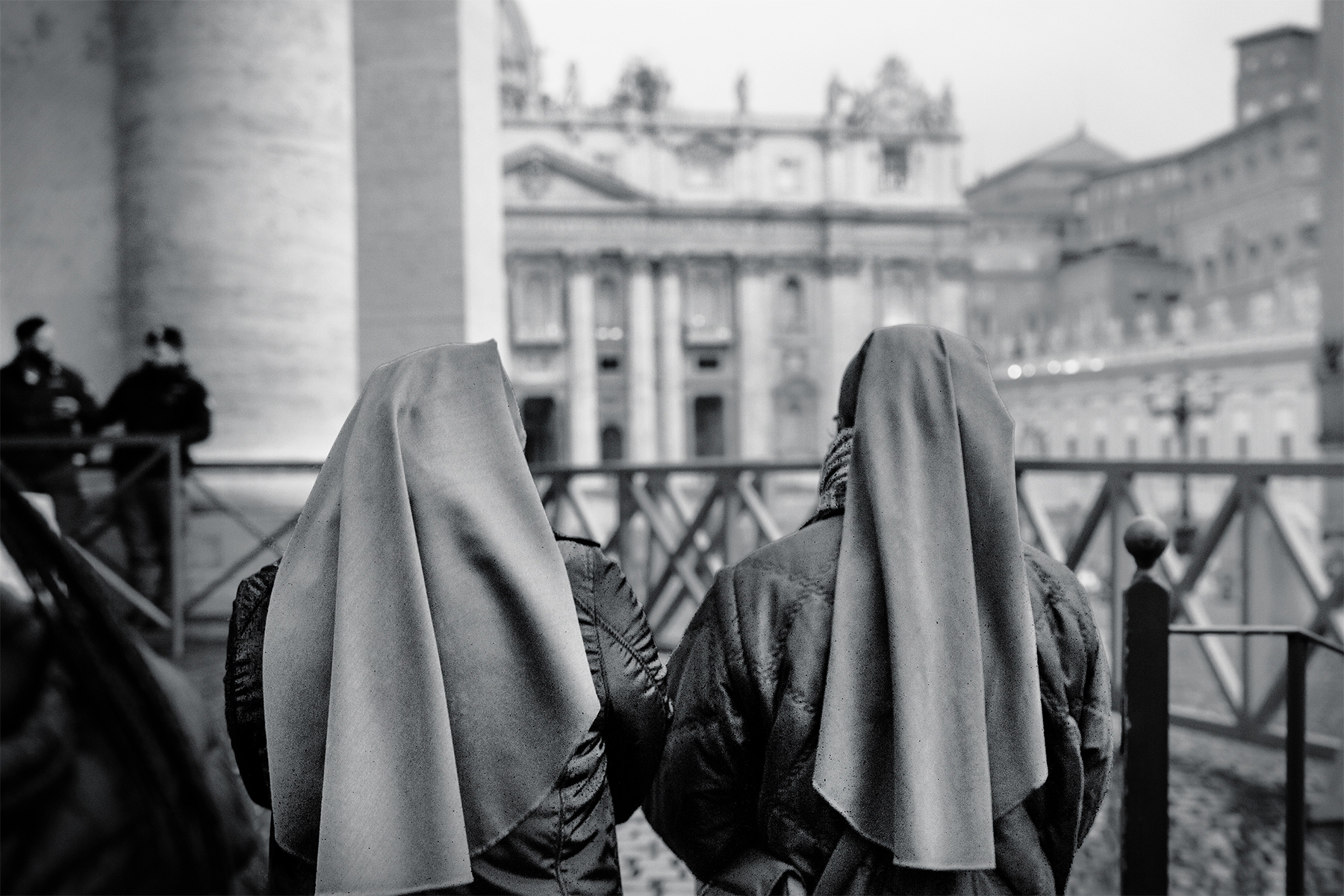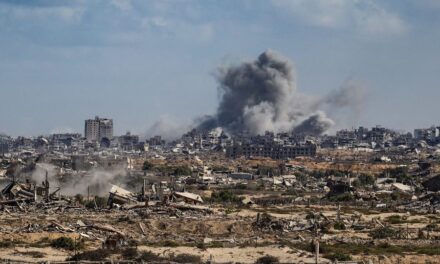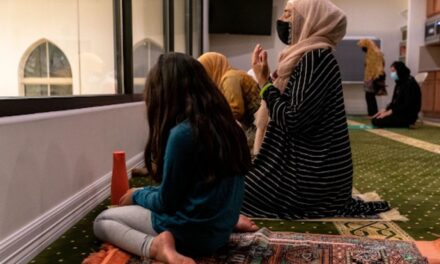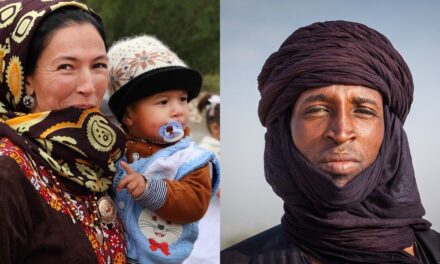David Crary as “Government restrictions on religion increasing worldwide” for AP
Government restrictions on religion have increased markedly in many places around the world, not only in authoritarian countries, but also in many of Europe’s democracies, according to a report surveying 198 countries that was released Monday.
The report released by the Pew Research Center, covering developments through 2017, also seeks to document the scope of religion-based harassment and violence. Regarding the world’s two largest religions, it said Christians were harassed in 143 countries and Muslims in 140.
This was Pew’s 10th annual Report on Global Restrictions on Religion. It said 52 governments, including those in Russia and China, impose high levels of restrictions on religion, up from 40 governments in 2007. It said 56 countries in 2017 were experiencing social hostilities involving religion, up from 39 in 2007.
Pew said the Middle East and North Africa, of the five major regions it studied, had the highest level of government restrictions on religion, followed by the Asia-Pacific region. However, it said the biggest increase during the 2007-2017 period was in Europe, where the number of countries placing restrictions on religious dress — including burqas and face veils worn by some Muslim women — rose from five to 20.
Among other measures in 2017, Austria enacted a ban on full-face veils in public spaces, and Germany banned face veils for anyone driving a motor vehicle or working in the civil service. In Switzerland, voters in two regions have approved bans on face veils, and voters nationwide backed a ban on the construction of new minarets.
In Spain, according to the report, some municipal governors have introduced bans on burqas and face-covering veils, and have also restricted public preaching and proselytizing by such groups as the Jehovah’s Witnesses and the Church of Jesus Christ of Latter-day Saints.
Circumcision of boys also has been an issue in Europe. Muslim and Jewish groups in Germany and Slovenia have complained of government officials interfering in their religious traditions by trying to criminalize circumcision for nonmedical reasons.
Globally, among the 25 most populous countries, those with the highest level of government restrictions were China, Iran, Russia, Egypt and Indonesia, the report said. The lowest levels of restriction were in South Africa, Japan, the Philippines, Brazil and South Korea.
In terms of government harassment of religious groups, Pew said the phenomenon was most pronounced in the Middle East-North Africa region, but two examples from Asia were highlighted. The report noted that hundreds of thousands of Uighur Muslims were sent to reeducation camps in China, while in Myanmar there were large-scale abuses against the Rohingya, a Muslim ethnic minority, leading to massive displacement.
Circumcision of boys also has been an issue in Europe. Muslim and Jewish groups in Germany and Slovenia have complained of government officials interfering in their religious traditions by trying to criminalize circumcision for nonmedical reasons.
Globally, among the 25 most populous countries, those with the highest level of government restrictions were China, Iran, Russia, Egypt and Indonesia, the report said. The lowest levels of restriction were in South Africa, Japan, the Philippines, Brazil and South Korea.
In terms of government harassment of religious groups, Pew said the phenomenon was most pronounced in the Middle East-North Africa region, but two examples from Asia were highlighted. The report noted that hundreds of thousands of Uighur Muslims were sent to reeducation camps in China, while in Myanmar there were large-scale abuses against the Rohingya, a Muslim ethnic minority, leading to massive displacement.














